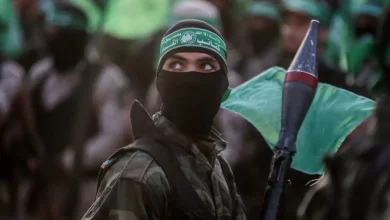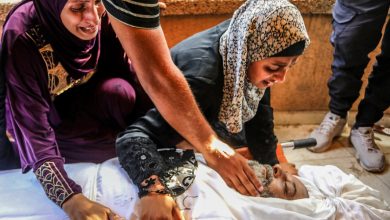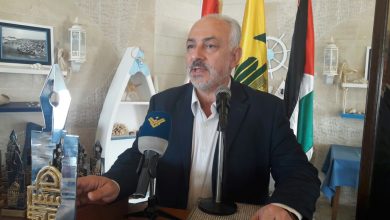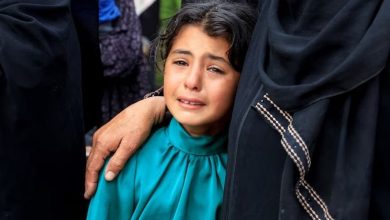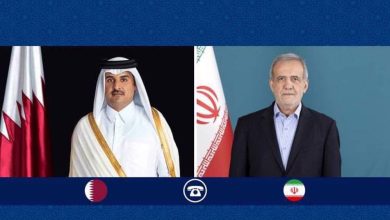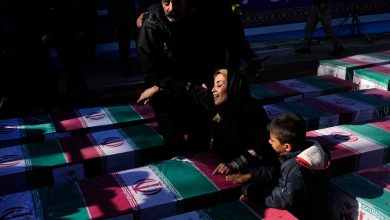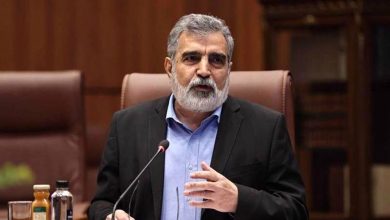IRGC Commander reports Nasrallah personally selected Nilforoushan to serve as a military advisor in Lebanon
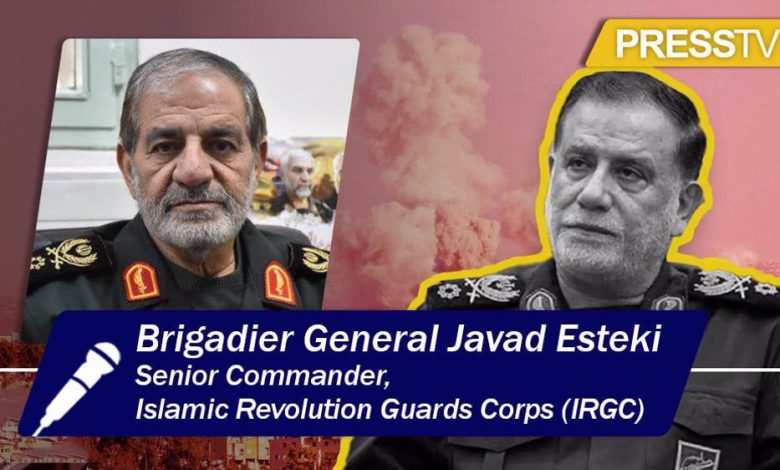
In the aftermath of Mohammad Reza Zahedi’s assassination in April, Hezbollah leader Sayyed Hassan Nasrallah has reportedly selected Abbas Nilforoushan as his successor in Lebanon. This decision was confirmed by a high-ranking official within the Islamic Revolution Guards Corps (IRGC).
On April 1, an Israeli airstrike in Damascus resulted in the assassination of Zahedi, a high-ranking commander within the Islamic Revolutionary Guard Corps (IRGC) and a prominent military advisor in Lebanon and Syria. The strike specifically targeted Iran’s consulate in the Syrian capital.
Nilforoushan, who succeeded Zahedi, was among those killed, including Sayyed Hassan Nasrallah and other high-ranking Hezbollah officials, during an Israeli airstrike on the southern suburbs of Beirut on September 28.
On Thursday, Nilforoushan was interred with full state honors in his hometown of Isfahan, following a series of funeral ceremonies conducted in various cities throughout Iran and Iraq.
Brigadier General Javad Esteki, a high-ranking officer within the Islamic Revolutionary Guard Corps (IRGC) stationed in Tehran, revealed to the Press TV website that he received notification of Nilforoushan’s new role as Iran’s chief military advisor in Lebanon. This directive was communicated by Major General Hossein Salami, the leading commander of the IRGC.
A senior commander of the Islamic Revolutionary Guard Corps announced that, without delay, he proceeded to Lebanon to join efforts with the Axis of Resistance.
Esteki, a longtime collaborator with Nilforoushan, highlighted the distinct qualities that rendered the late commander an exemplary candidate for this pivotal position.
Esteki highlighted that Martyr Nilforoushan embodied numerous commendable attributes, noting his fluency in Arabic and extensive experience in the region. Nilforoushan was well-acquainted with resistance fighters and their tactics, and was further distinguished by his outstanding military acumen.
The commander of the Islamic Revolutionary Guard Corps (IRGC) detailed the impact of the deaths of Nilforoushan and Zahedi, occurring within just five months of each other, on Israel’s strategic initiatives against the Axis of Resistance.
He stated that following the deaths of Brigadier General Mohammad Reza Zahedi and Major General Abbas Nilforoushan, Zionist forces attempted to launch a psychological warfare campaign. However, he noted that resistance operations have, through divine intervention, intensified, with an increasing number of young individuals expressing a desire to join the resistance movement.
Esteki emphasized that the loss of resistance leaders would not diminish the determination of the resistance movement in its struggle against Zionist occupation and its supporters.
In the wake of the targeted killings of senior commanders by adversarial forces, there was an expectation that the resistance efforts would be severely undermined. However, according to official statements, the resistance movement has not only regained its strength but has also swiftly appointed successors to the fallen leaders, ensuring the continuity of its operations.
Esteki drew a comparison to the Holy Defense War of the 1980s, noting that the Islamic Republic encountered comparable circumstances during the eight-year conflict with the Ba’athist regime.
Following the loss of a commander, a successor was promptly appointed to fill the leadership position.
The commander of the Islamic Revolutionary Guard Corps emphasized that resistance leaders remain a significant source of fear for adversaries, even in martyrdom. Citing the example of Iran’s prominent anti-terror figure, General Qassem Soleimani, the commander highlighted the lasting impact of Soleimani’s legacy.
According to reports, Ayatollah Seyyed Ali Khamenei, the Leader of the Islamic Revolution, has stated that “the enemy fears Martyr Soleimani more than General Soleimani.” These remarks were attributed to the Ayatollah by Esteki, highlighting the impact of the former IRGC Quds Force commander.
He further drew comparisons between the military contributions of Zahedi and Nilforoushan, both of whom dedicated their efforts in Lebanon and were martyred while pursuing the liberation of al-Quds.
“Esteki highlighted that both individuals adhered to the teachings of the Leader of the Islamic Revolution, demonstrating courage and humility. Their identities remained largely undisclosed until their martyrdom brought them into the public eye.”
“Furthermore, both individuals progressed through the military hierarchy, advancing from the most junior ranks to attain the most senior positions.”

